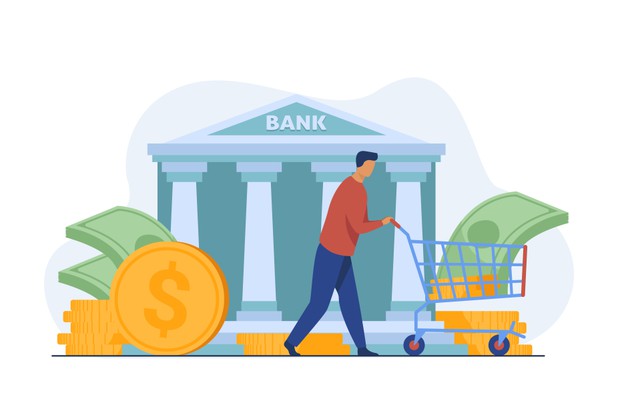Handle loans with care.
When you borrow money from another person or institution (such as a bank or credit union), the lender expects to be repaid. Usually, the person who lends the money charges interest—a fee for the use of that money. One can be in debt to family members, friends, informal lenders or financial institutions.
What you owe when you borrow something—cash or tangible goods—from someone else, or when you purchase on credit. Then you are in Debt.
Commonly, a loan refers to a sum of money that a lender gives to a borrower for a certain period. The borrower commits to repay the money with interest.
The ability to borrow or the sum available for borrowing is referred to as Credit.
Banks and other financial institutions will approve credit to customers who have a good record of repaying their loans on time
Components of Credit
If you borrow money from a bank or other formal lender, you will hear the following terms associated with your loan. It will be important to understand what each means for your specific loan.
- Loan size. The amount you borrow.
- Loan term. The period you have to use the loan money and repay it.
- Interest rate. Percentage of the total loan amount charged to the borrower for the use of money borrowed. Interest is usually charged every month.
- Administrative charges in addition to interests which are usually paid once, at the time the borrower takes the loan.
- Grace period. The period after receiving a loan and before the first payment is due.
- Repayment schedule. The frequency of loan payments (e.g., weekly, biweekly, monthly)


